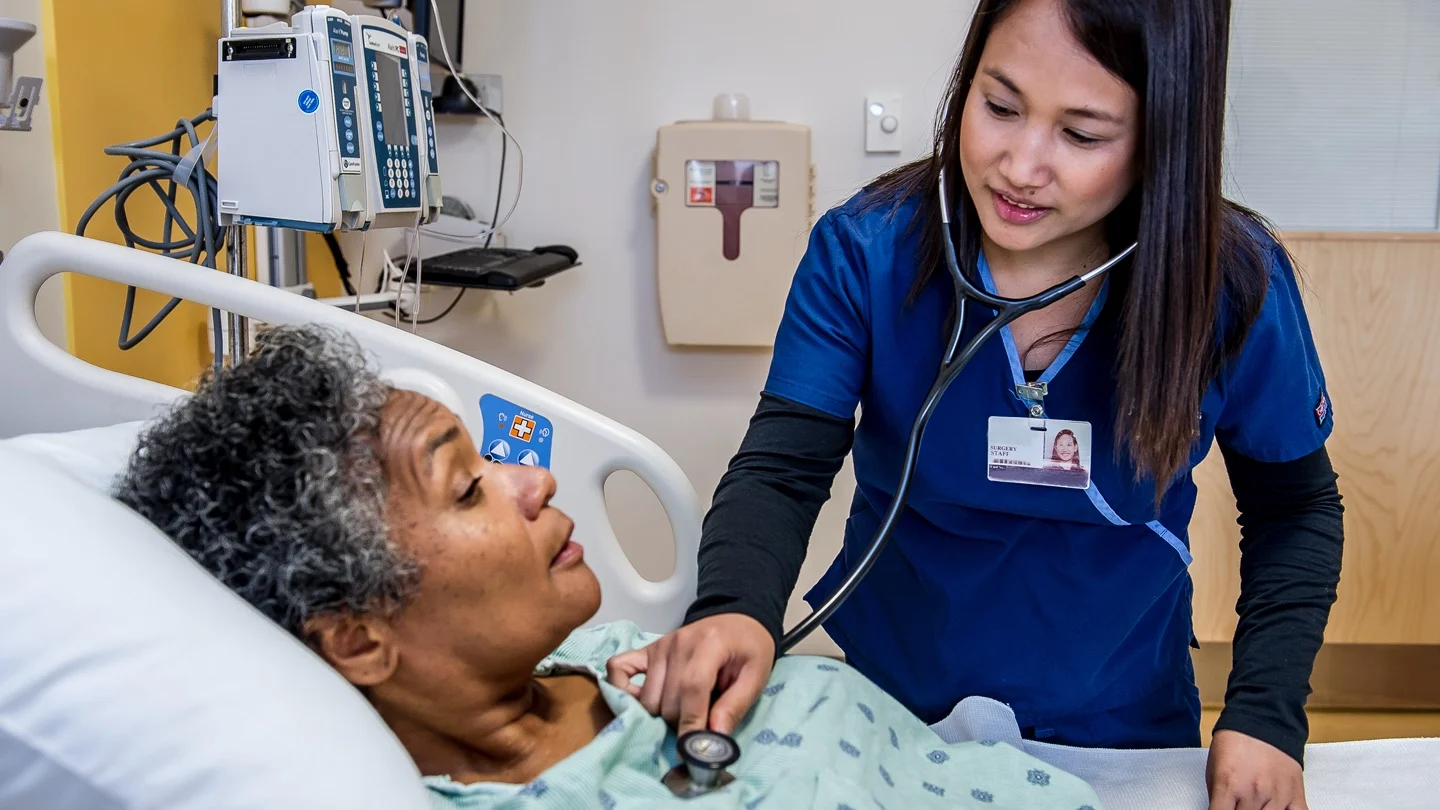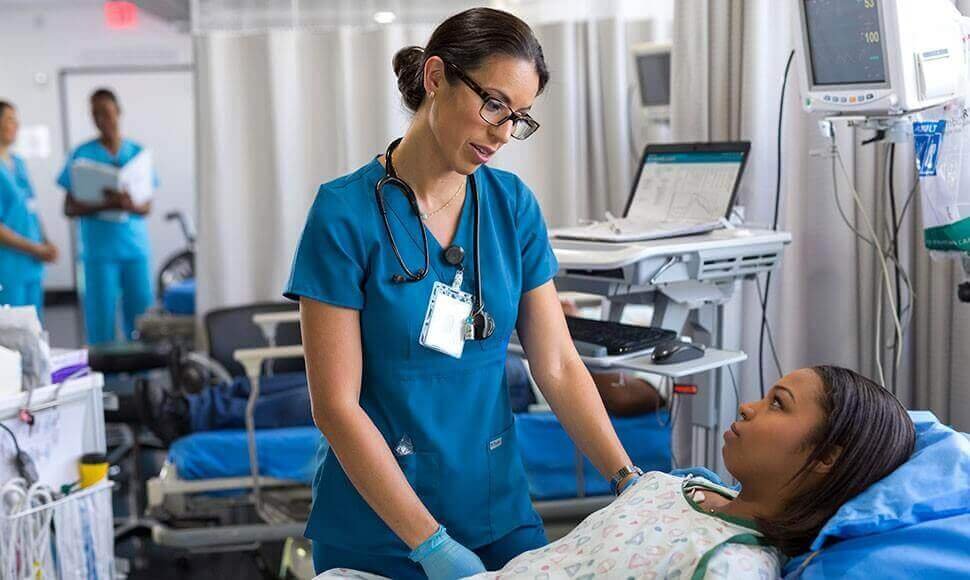Today is our topic of discussion Bladder Irrigation.
Bladder Irrigation

Bladder Irrigation
Bladder irrigation or wash is defined as washing of the urinary bladder by directly a stream of solution into the bladder through the urinary meatus by means of a catheter tubing and funnel.
Purpose
- To cleanse the bladder from decomposed urine bacteria, excess mucus and pus
- To medicate the lining of the bladder of antiseptic irrigation
- To prepare the bladder for surgery as a preoperative measure
- To promote healing
- To relieve congestion and pain in case of inflammatory conditions of cystitis
- To arrest bleeding and prevent clothing of blood.
Solution Used (Fig. 15.8)
- Normal saline 0.9%
- Boric acid solution 2%
- Sterile water
- Acetic acid 1:4000 to treat pseudomonas infection
- Sodium nitrate 1:8000 to prevent clot formation
- KMO, 1:5000-1:10,000
- Acriflavin 1: 10,000
- Silver nitrate 1:5,000
- Mercury compounds in low concentration
General Instructions
- The temperature of the solution needed for cleaning purpose body temperature in enough
- The temperature of the solution needed for therapeutic purposes ranging from 100-110°F
- The maximum amount of solution used for cleaning is 2 pints and also depends on the patient’s condition.
Methods of Administration (Fig. 15.9)
- Funnel and tubing method (open method)
- Irrigation can, rubber tubing and Y connection
- Asepto syringe (open method).
Preliminary Assessment
- Check
- Doctors order for specific precautions and instructions
- General condition of the patient
- Diagnosis of the patient
- Selfcare ability of the patient
- Mental status to follow instructions
- Articles available in the unit.
Preparation of the Patient and Environment
- Explain the sequence of the procedure
- Arrange the articles at the bed side
- Provide privacy
- Place the patient in comfortable position
- Place the Mackintosh under the buttocks.

Equipment
- Sterile Catheterization Pack.
- A sterile tray containing.
- Funnel, tubing 3 feet long which fits the connection screw clip and glass connection.
- A small mug or pint measures to pour solution .
- A sterile pint jug with required solution.
- Solution thermometer kept in antiseptic solution in a bottle if available
- Medication if ordered.
- Bucket for emptying the return flow.
- Litmus paper.
